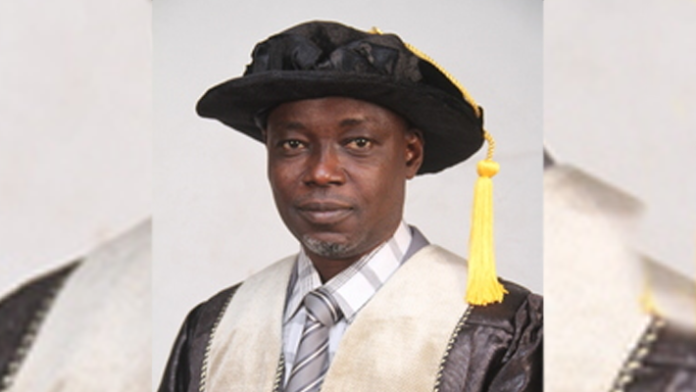Why There’s Reduction In Candidates Seeking Polytechnic Admission – Ex-Rector
The immediate past Rector of The Polytechnic, Ibadan, Prof. Kazeem Adebiyi, has attributed the reduction in the number of candidates seeking polytechnic admission across the country to their preference for university education.
Adebiyi stated this in Ibadan on Sunday in an exclusive interview with the News Agency of Nigeria (NAN).
He said that preference for polytechnic education might not necessary be due to the dichotomy between university and polytechnic but preference for the former over the latter.
“It’s like everybody wants to go to the university rather than the polytechnic and that is what is causing the reduction in the number of candidates seeking polytechnic admission,” he said.
Adebiyi, who had just completed his five-year tenure as the polytechnic rector, however, noted that the development had not, in any way, affected the institution.
He said that when he took over the mantle of leadership five years ago, no fewer than 30,000 candidates applied to the polytechnic for admission, though there were vacancies for only 4,000 students.
He said that some of the candidates who could not be admitted for full-time programmes were considered for part-time.
The former rector ruled out economic factor as part of the reasons for the reduction in the number of candidates seeking polytechnic admission, saying that tuitions at polytechnics were not as high as those of the universities.
“At Ibadan Polytechnic, for instance, the tuition is just N64,000 per session in spite of the increase in the operating cost.
“What we used to do was to look for other ways of increasing our internally-generated revenue (IGR) to complement whatever subvention we received from the government to run the system,” he said.
Adebiyi, who noted that although the dichotomy between polytechnic and university graduates was a matter of government policy, he, however, expressed the optimism that it would soon be addressed.
“The regulatory agencies and the labour unions in the polytechnics are already working on that. In fact, the matter is now before the National Assembly,” he said.





